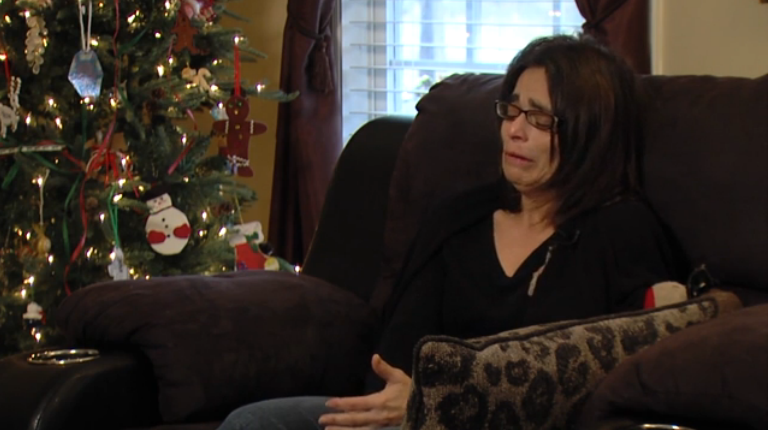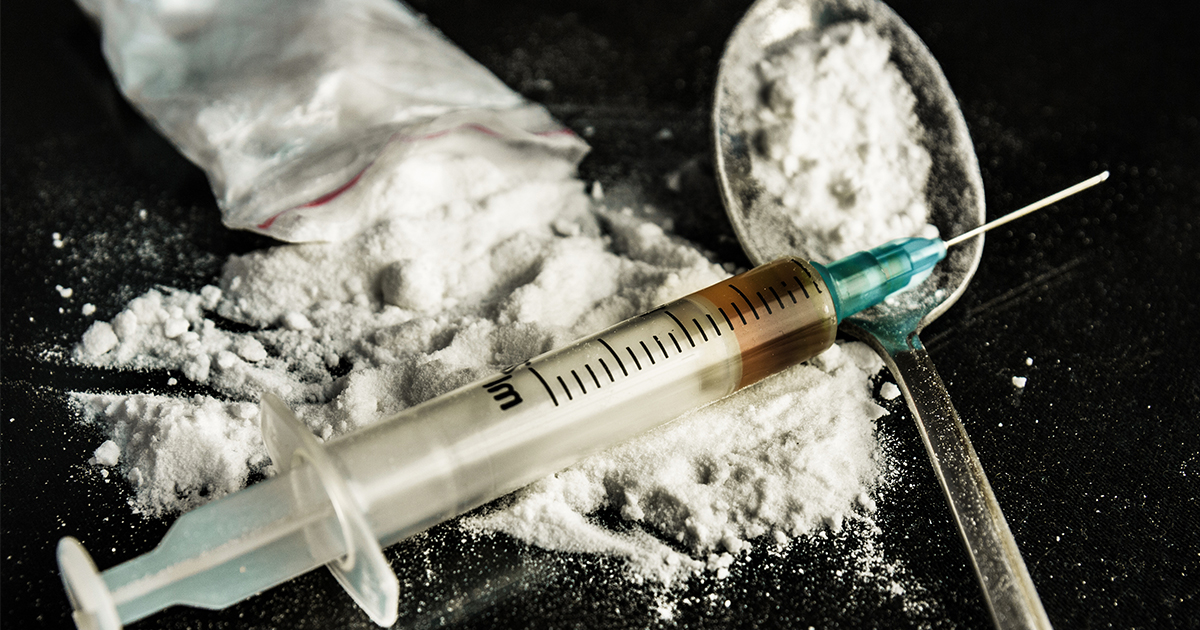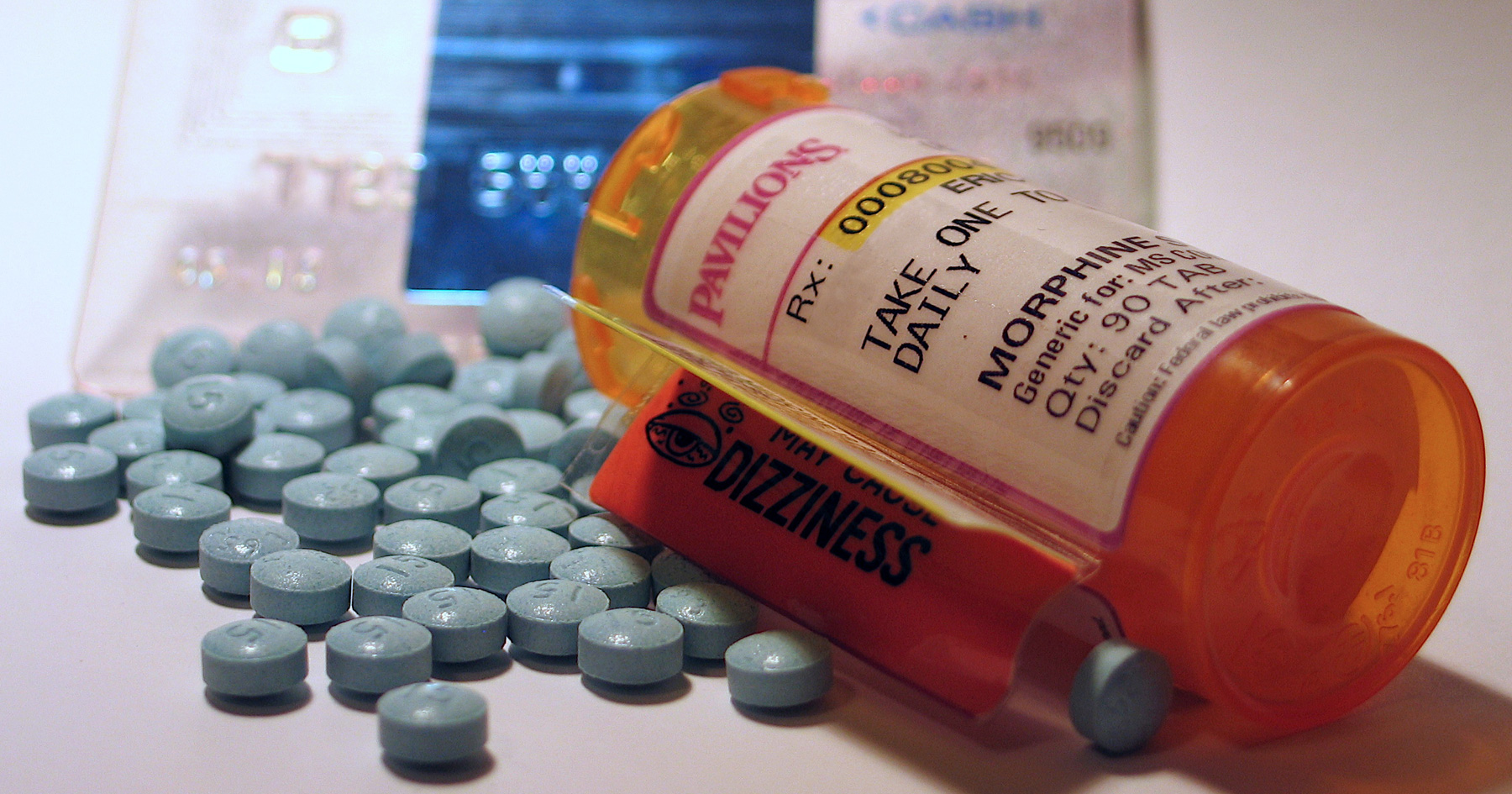Death of Woman's Daughter Highlights the Need for Drug Rehab Programs

By:
The words of Claudia Marini, who lost her daughter to an apparent heroin overdose, shed light on the need for rehab programs to combat addiction.
 MyFox8.com - myfox8.com
MyFox8.com - myfox8.com
The mom's 22-year-old daughter, Madison, died in a King, North Carolina, Taco Bell Dec. 29, local news outlet CW 33 reports. The preliminary autopsy showed no natural cause of death. Law enforcement told CW 33 they're awaiting the toxicology report.
In a Tuesday interview with WGHP-TV, Claudia said her daughter, a singer and former straight-A student and athlete, struggled with addiction after she graduated high school.
 MyFox8.com - myfox8.com
MyFox8.com - myfox8.com
She said Madison eventually ended up in court over drug possession and shoplifting, and served several brief stints in jail.
At a December court hearing, Claudia begged the judge to sentence her daughter to a mandatory rehab program.
“I said, ‘If you don’t do this today, we won’t be back on [Jan. 3], because she’ll be dead,’ and I was right,” Claudia told WGHP-TV, referring to her daughter's Tuesday court date. Her words have taken on a harrowing new meaning.
She said Madison experienced periods of recovery after being convinced to seek treatment, but subsequently slipped back into the cycle of addiction and had run-ins with law-enforcement.
“Heroin, heroin is the devil,” the mom said. “If anybody ever asks me what the devil looks like, that’s what the devil looks like, and that’s why these kids need help, because nobody ever wins against the devil. Not without help.”
 Bigstock/FotoMaximum - bigstockphoto.com
Bigstock/FotoMaximum - bigstockphoto.com
Deadly heroin overdoses quadrupled between 2000 and 2015, according to a November CDC report.
In 2013, North Carolina's state budget cut funding to state-run rehabilitation centers by 5 percent. "Over the past 13 years, the state has transferred treatment to the private sector. Now there are about 2,500 private facilities in the state that use donations, and federal and state money to provide detox, or medical treatments that remove drugs from the body over several days; outpatient treatment; and counseling," reporter Annalise Frank wrote on the Charlotte News & Observer.
Heroin overdoses surged 584 percent between 2010 and 2014 in North Carolina, local CBS outlet WNCN reported in March.
“There is a heroin crisis,” DEA Special Agent Michael Troster told WNCN. “There’s not a law enforcement professional in the state of North Carolina that I’ve talked to, from chiefs to sheriffs that’s not concerned about heroin."
“I think the consensus is it started with the abuse of prescription drugs,” Troster added, linking the surge in heroin use to the prescription opioid epidemic.
 Flickr/Eric Norris - flic.kr
Flickr/Eric Norris - flic.kr
“Once the medical professionals realized there was a problem and things started to change, it was an easy shift to heroin,” Troster said. “And it was cheaper.”
Congress passed a bill tightening regulations on opioid prescriptions and authorizing federal funding to preventing and treating opioid abuse in July.
North Carolina law enforcement officials have recently pushed to reform the way the system deals with addiction.
In February, police in Nashville, North Carolina, launched an initiative allowing addicts to come to the police and seek treatment without fear of criminal charges, the Charlotte News & Observer reported in May.
“It doesn’t matter if a person comes to the Police Department in possession of paraphernalia, or even drugs,” Police Chief Thomas Bashore told the News & Observer. “If that person comes to seek treatment, they will not be arrested.”
West Virginia, another state hit particularly hard by the opioid epidemic, has recently worked to establish drug courts and rehab programs as an alternative to sentencing addicts to jail time, local news outlet WSAZ reports.
Watch the full interview with Claudia Marini on CW 33 below.
